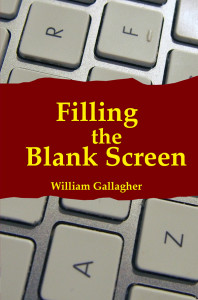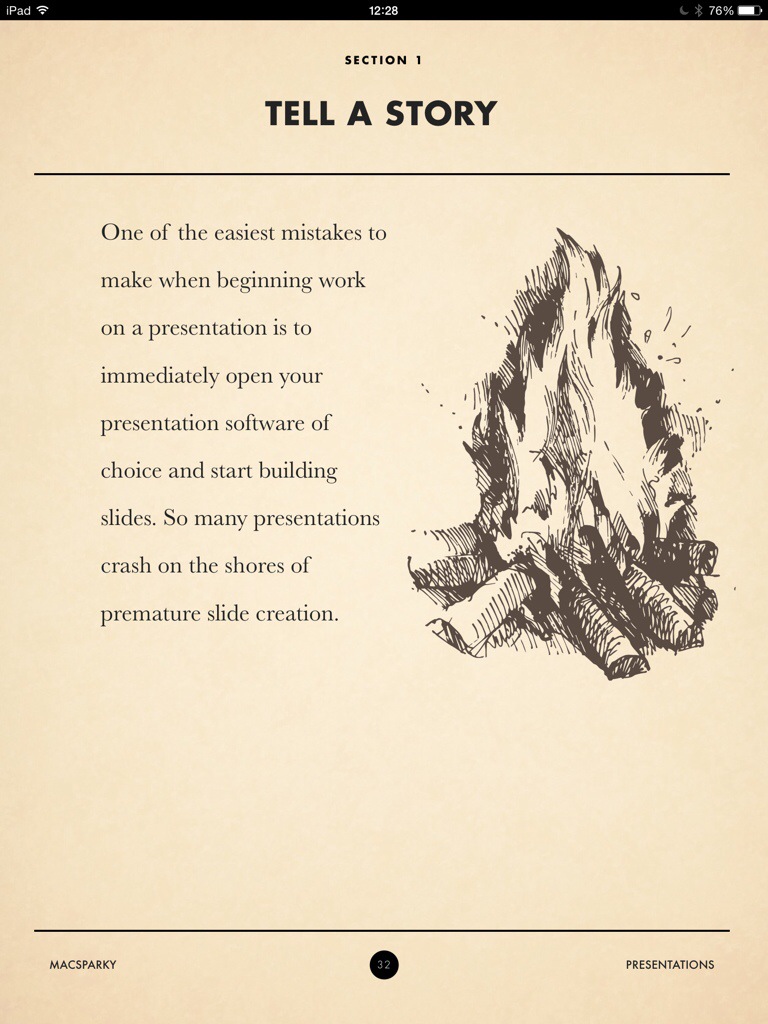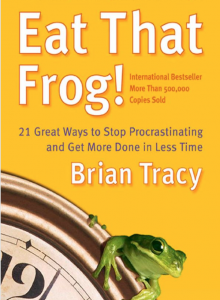I relish the details behind things we take for granted and this story is about how air conditioning is replete with details and history:
But when air conditioning was first invented in the 1800s, hardly anyone actually wanted it. It took more than 100 years for AC to really catch on. This innovation took a long road, which Salvatore Basile explores in his new book, Cool: How Air Conditioning Changed Everything.
“I think there were many people who thought, ‘God made bad weather so you should just put up with it.’ And I think the idea of dealing with heat was to ignore it,” Basile told me in a recent phone interview.
Eventually, air conditioning did win out and ended up changing a lot — from where people live in the United States to the architecture of our buildings to even the evolution of computers. The interview with Basile is below:
How air conditioning changed America forever – Susannah Locke, Vox.com (9 September 2014)
By the way, look at the address of the full feature. It’s “www.vox.com/2014/9/9/6124321/the-history-of-air-conditioning-is-more-interesting-than-it-sounds-i”. Apart from that errant i at the end, what I like is that this was almost certainly the original headline on the story. “The History of Air Conditioning is More Interesting Than It Sounds”. No surprise that it was changed to “How air conditioning changed America forever”.


